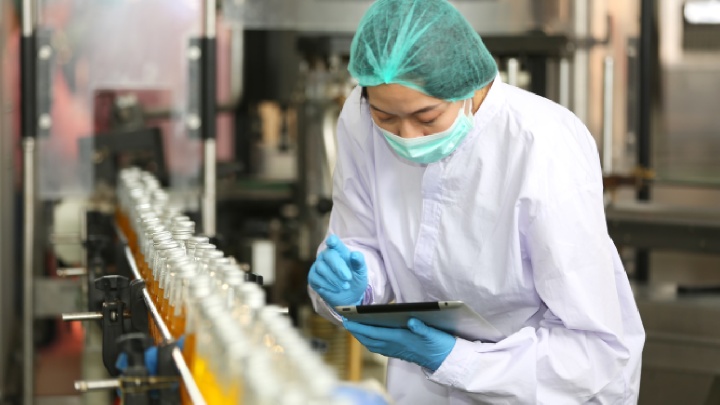SPC For Life Sciences
Introduction
In the highly regulated life sciences industry, ensuring product quality and compliance is paramount. Statistical Process Control (SPC) serves as a cornerstone methodology to empower organisations to monitor, control and improve manufacturing and research processes systematically. By adopting SPC, life sciences organisations can enhance process stability, minimize variability and consistently deliver high-quality outcomes, all while adhering to stringent regulatory requirements.

What is Statistical Process Control (SPC) ?
Statistical Process Control (SPC) is a data-centric quality management approach that utilizes statistical tools and techniques to monitor process behaviours. It identifies trends, detects deviations from standard performance, and addresses sources of variation in processes. The ultimate goal of SPC process control is to ensure that processes consistently operate within predefined control limits and deliver products that meet quality specifications. SPC control is not merely about detecting problems but is also instrumental in fostering a culture of Continuous Improvement and Operational Excellence.
How Statistical Process Control (SPC) Benefits Life Sciences ?
The life sciences sector, encompassing pharmaceuticals, biotechnology and medical devices, is characterized by its demand for precision, compliance and innovation. The implementation of SPC in this domain brings forth several transformative benefits:
Applications of SPC in Life Sciences
Statistical Process Control (SPC) plays a vital role in maintaining and improving the quality and efficiency of various processes within the life sciences industry. Its applications span across multiple critical areas, including:
SPC Training & SPC Consulting Services
Our SPC Training & SPC Consulting Services are designed to equip professionals in the life sciences and manufacturing industries with the essential skills and knowledge to effectively apply Statistical Process Control in their processes. Through our comprehensive training programs on SPC, participants gain a deep understanding of SPC principles, tools and techniques, enabling them to monitor, control, and improve product quality, reduce variability, and ensure regulatory compliance. Our SPC Consulting services provide tailored solutions to address specific challenges within your organisation, from process optimization and risk mitigation to troubleshooting and continuous improvement. With a focus on practical application and real-world outcomes, our services empower your team to leverage SPC for enhanced operational efficiency, reduced defects, and consistent product quality, ultimately driving organisational success.